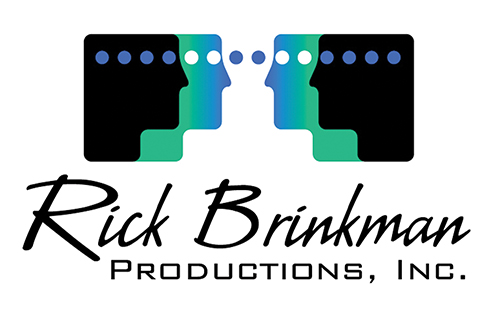Here's a story from one of our readers. Who when in the sixth grade came up with a successful strategy for dealing with his Know-it-all teacher. Time: 1963 (Sixth Grade)
The official Know It All was my sixth grade science teacher, Mr. Sears. Having Watch'ed Mr. Wizard since before I could read, and having read all the science books in the kids section of the public library, and an Army training manual on electronics, I knew a lot too.
Although Mr. Sears made mistakes, he did not like being corrected by me. In retrospect asking him, "Will the wrong answer you just put on the board be on the test?", was probably not the most diplomatic strategy.
So I invented another solution. It's called "Reductio ad absurdum."
Example: Mr. Sears puts something wrong on the board. In my head I derive a next step based on what he has on the board. Because what he has on the board is wrong, the next step will also be wrong. I raise my hand.
Mr. Sears: "Yes, David." David: "Does that mean ..(the obviously false statement)....?" Mr. Sears: "No, David" (I haven't bested him. He bested me. He's happy.) David: (Innocently), "Doesn't (obviously false statement) follow from that (pointing at what he wrote incorrectly on the board)?" Mr. Sears: "What? That? Oh, that's not what it should say."
The result; Mr. Sears thinks he Knows-It-All and student David, isn't smart enough to already know that (obviously false statement) is false. Therefore he's smarter than David. He's happy.
But wait there is more. The class is no longer misinformed. I have the satisfaction of knowing I corrected Mr. Sears without him even knowing it. He's not embarrassed. I didn't embarrass him. I'm very happy.
Once I figured this out, it worked for the remainder of the year.
Remember Conscious Communicators, it takes two egos to have a problem with Know-it-all behavior. If you can put your ego needs aside temporarily then you can do what it takes. Young David found satisfaction inside while still accomplishing his goal of correcting information and having his teacher feel good about it. Well done David. You get an A+.









